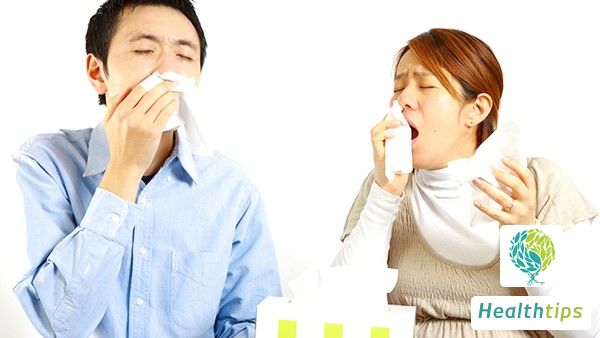Rhinitis drugs contain cephalosporin ingredients, but only the first, second, and third generations of cephalosporins can be used, and other antibiotics cannot replace cephalosporins. Common rhinitis drugs include anti-allergic drugs, antiviral drugs, antibiotics, etc. Cephalosporin drugs belong to antibiotics and are mainly used for rhinitis caused by bacterial infections.

1. First-generation cephalosporins: The antibacterial effect of first-generation cephalosporins on Gram-positive bacteria is low, but they have a strong effect on Gram-negative bacteria, such as Streptococcus pneumoniae and Staphylococcus. Common cephalosporin drugs include cephalexin capsules, cefazolin sodium for injection, and cefradine capsules.
2. Second-generation cephalosporins: The antibacterial effect of second-generation cephalosporins on Gram-negative bacteria is lower than that of the first generation, and they have a more superior effect on Gram-positive bacteria. For example, they have a stronger effect on Enterobacteriaceae bacteria than penicillin-type drugs and a weaker effect on Staphylococcus than penicillin-type drugs. Common cephalosporin drugs include cefuroxime axetil tablets and cefoperazone sodium and sulbactam sodium for injection.
3. Third-generation cephalosporins: Third-generation cephalosporins have antibacterial abilities against both Gram-positive and Gram-negative bacteria, and also have a broad-spectrum antibacterial effect. Common drugs include ceftriaxone sodium for injection, ceftazidime for injection, and cefazolin sodium for injection.
4. Other substitutes: There are also some rhinitis drugs that do not contain cephalosporins in clinical practice, such as amoxicillin, which belongs to the penicillin class of antibiotics. Other drugs such as vancomycin, teicoplanin, and linezolid also belong to antibiotic drugs and can be used to treat rhinitis caused by bacterial infections.
Patients with rhinitis are advised to consult a doctor promptly, complete relevant examinations, and select appropriate drugs for treatment under the guidance of a doctor after clarifying the disease. During treatment, patients should pay attention to a light diet and avoid eating spicy and stimulating foods such as chili and mustard, which may affect the effectiveness of the drugs.

